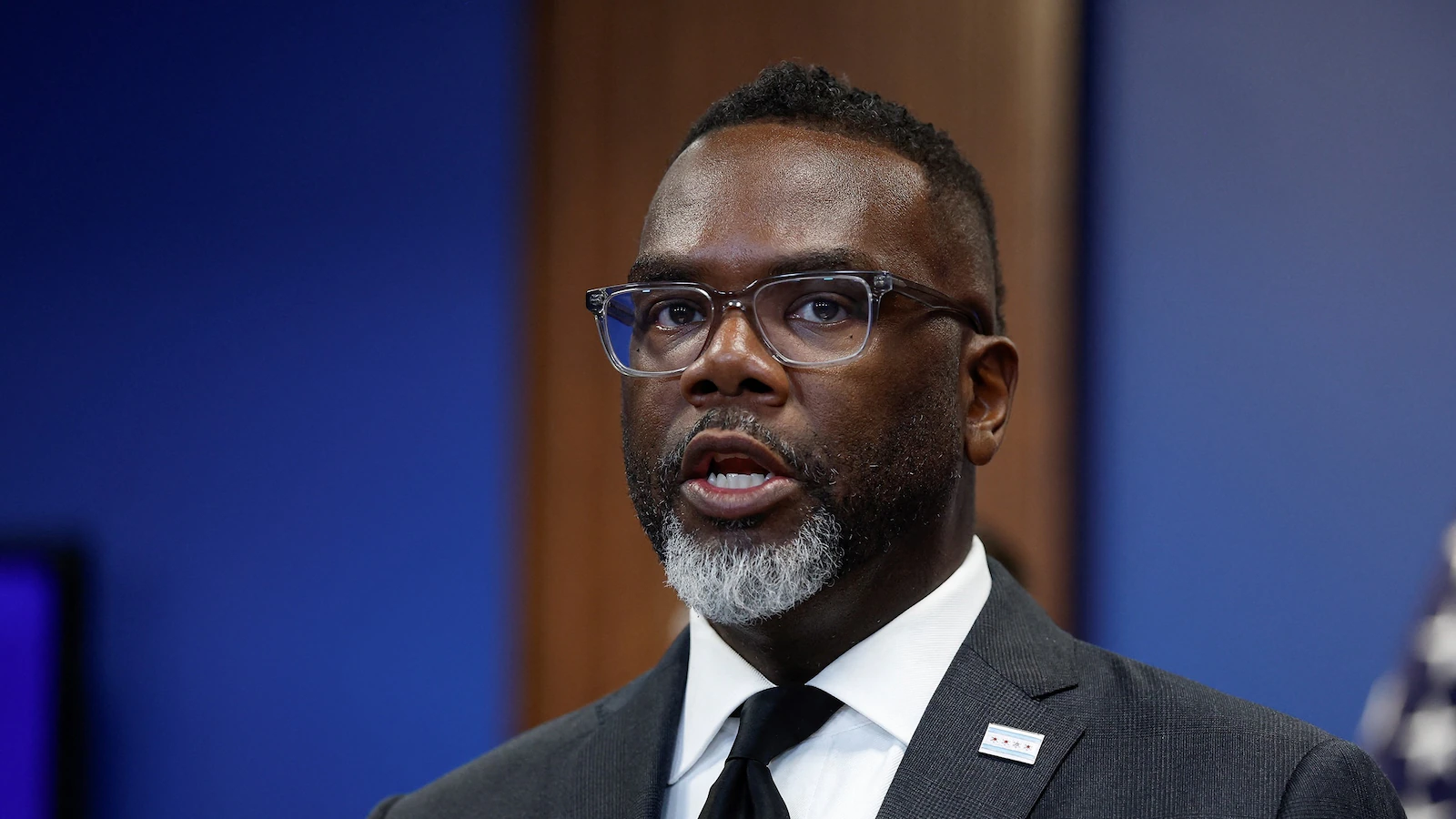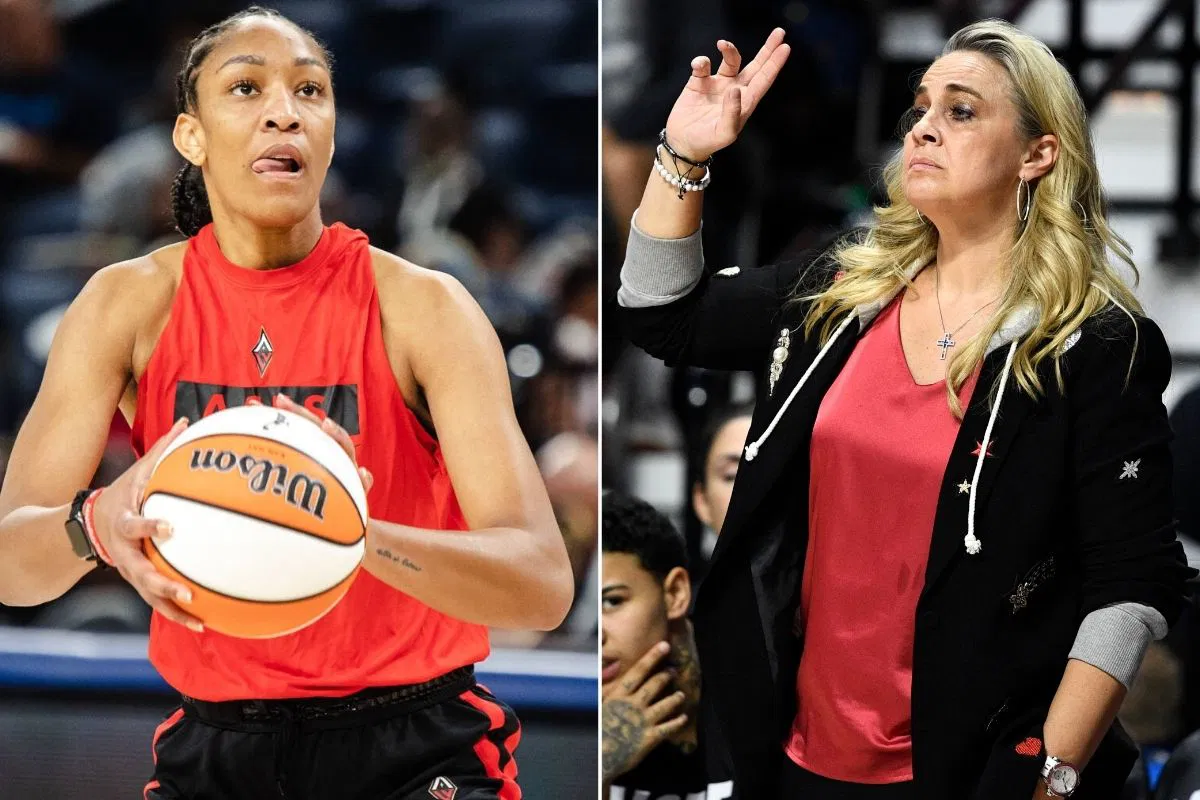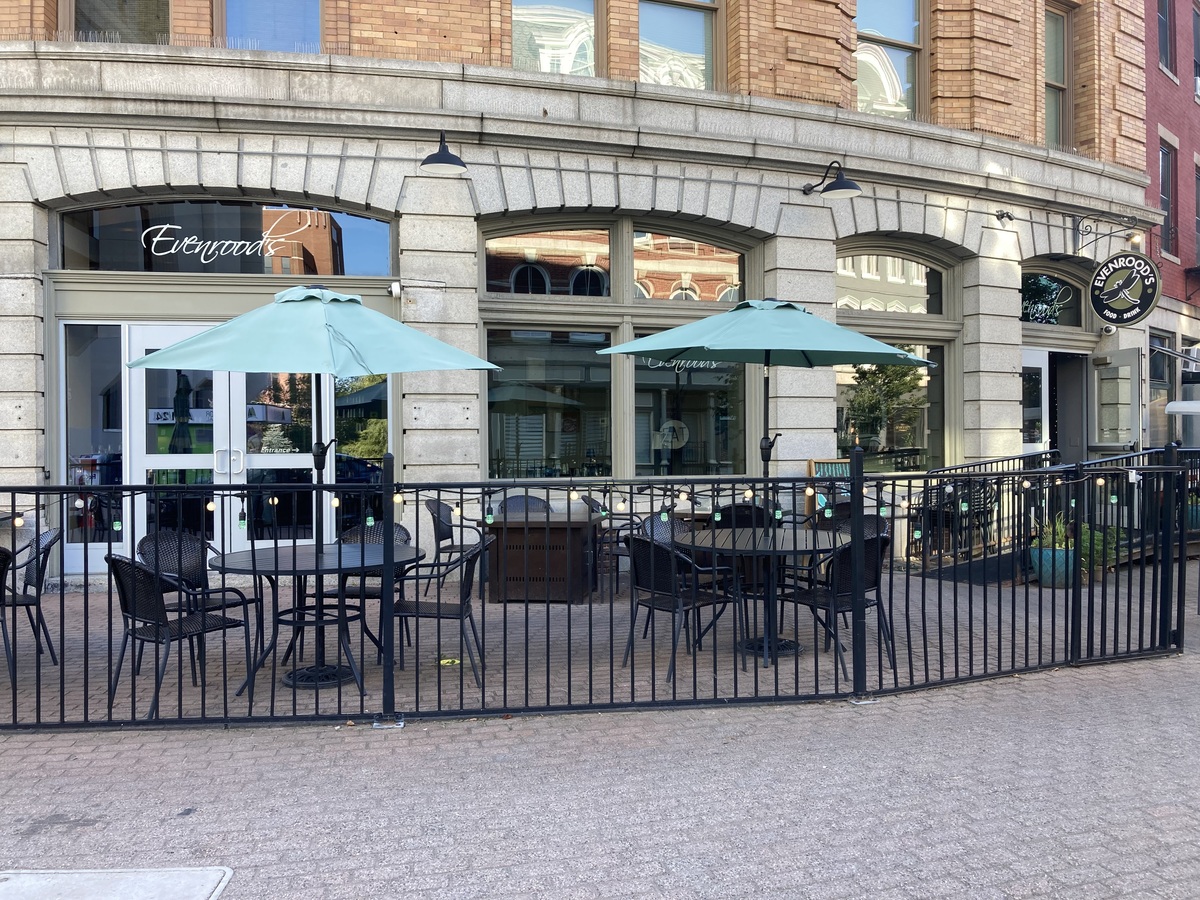
Chicago Mayor Brandon Johnson signed an executive order Tuesday, directing local police to protect protesters’ constitutional rights even if federal authorities try to restrict some protests.
The “Right to Protest” order comes as President Donald Trump this week continued promoting his plans to send federal personnel to Chicago.
Under the order, the Chicago Police Department is directed to work with protest organizers to find new locations and ways to continue their peaceful gatherings “if federal law enforcement disrupts lawful protest activity,” according to a press release from the mayor’s office.
“Chicago has proven time and time again that we can safeguard demonstrations of any size while protecting First Amendment rights,” Johnson said in a statement. “This executive action is about being proactive so that we are prepared for any possible large-scale demonstration in response to the increasingly reckless federal government.”
Johnson emphasized the city’s long history of civic activism.
“Chicago remains a center of civic action, as it has been since our founding whether it’s the abolitionist movement led by Chicagoans like John and Mary Jones, the uprisings for an eight-hour workday in the Haymarket era, the industrial union movement, led by the CIO, the women’s rights movement, the civil rights movement and other collective actions over the last two centuries,” he said to media Tuesday after signing the order.
Speaking to reporters earlier this week Trump discussed his plans to send federal personnel to Chicago as part of his anti-crime push after announcing he was first deploying the National Guard to Memphis.
“We’re going to be doing Chicago, probably next,” Trump said from the Oval Office on Monday. “I was with a great businessman, a man who is involved in all cities to his business. And I say, ‘Who do you think should be next, after Memphis?’ And he said, ‘Sir, you’ve got to save Chicago.'”
Trump’s announcement marked his latest attempt to intervene in the city’s affairs, despite strong opposition from Johnson and Illinois Gov. JB Pritzker.
The conflict intensified after Trump’s Aug. 25 remarks, where he called Chicago a “disaster” and its governor “a slob,” while suggesting some people might prefer “a dictator.”
Pritzker responded by calling Trump’s proposed actions “illegal,” “unconstitutional,” and “un-American.”
In response, Chicago began preparing for potential federal intervention. On Aug. 30, Johnson signed an executive order rejecting any attempts to deploy U.S. Armed Forces or National Guard troops in the city. That order created the “Protecting Chicago Initiative,” aimed at defending residents’ rights.
Chicago officials pointed to recent crime statistics showing a 31% reduction in murders and 33% decrease in robberies compared to 2024, challenging Trump’s description of the city as a “killing field.”



